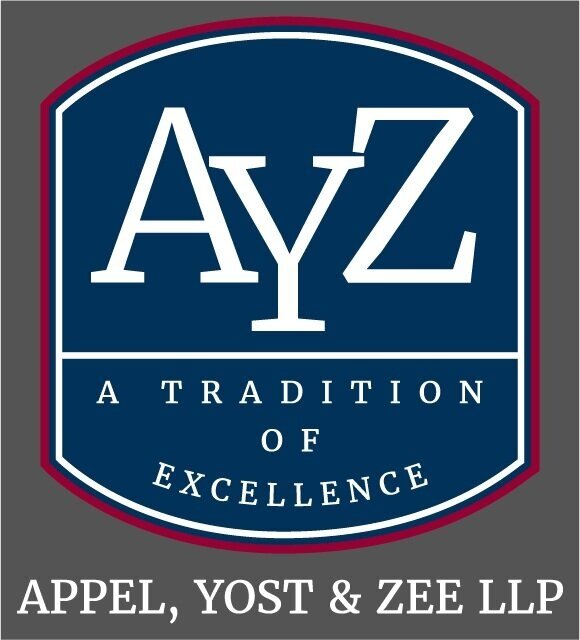Is the Scope of Potential Title IX Liability Expanding for Universities?
By Education Law Group
February 9, 2022
The U.S. Court of Appeals for the Third Circuit ruled that Millersville University could be held liable under Title IX for sexual harassment perpetrated by a third-party.
In 2015, Karlie Hall, a Millersville freshman, was murdered in her dorm room by her boyfriend, a non-student guest. Karlie’s parents sued the University under Title IX, alleging their daughter was the victim of sexual harassment committed by her non-student boyfriend.
The Court was not persuaded by Millersville’s argument that it lacked requisite notice that Title IX liability could extend to instances of sexual harassment committed by a student’s non-student guest. Instead, the Court explained that a federal funding recipient university could be held monetarily liable for its deliberate indifference to a nonstudent’s conduct where the university has control over the harasser and the context of known harassment.
The Court discussed incidents of abuse known by Millersville. In October 2014, a dorm resident adviser observed an injury to the victim’s face. The resident adviser removed the boyfriend from the dorm and drafted an incident report consistent with University policy. Later, a University police officer was called to assist with removal of the boyfriend from campus. The police officer talked to the resident adviser and the boyfriend, but he did not file a report in response. The next day, another student’s mother called University Police and the counseling department to report domestic assault concerning the victim. Nothing was done following the parent’s call. Also the next day, the resident adviser’s report made it to the Deputy Title IX Coordinator, but it was filed away and no further action was taken.
Considering the above, the Court reversed the summary judgment granted to Millersville by the District Court and remanded for further proceedings.
This ruling prompts the question: Has the bar to establish liability for deliberate indifference under Title IX been lowered? The Court noted that its holding did “little to lower that bar.” However, the applicable standard will be determined on remand when a jury considers (among other factors) whether the actions taken by Millersville were clearly unreasonable. While the result will provide more clarity on the issue, this Court’s ruling suggests that universities should consider policies and procedures related to Title IX sexual harassment, reporting responsibilities, and the extent to which they address third-party conduct.
Should you have any questions about this case or any Title IX-related questions, please do not hesitate to reach out to William J. Zee or any of the attorneys in the Appel, Yost & Zee Education Group.
